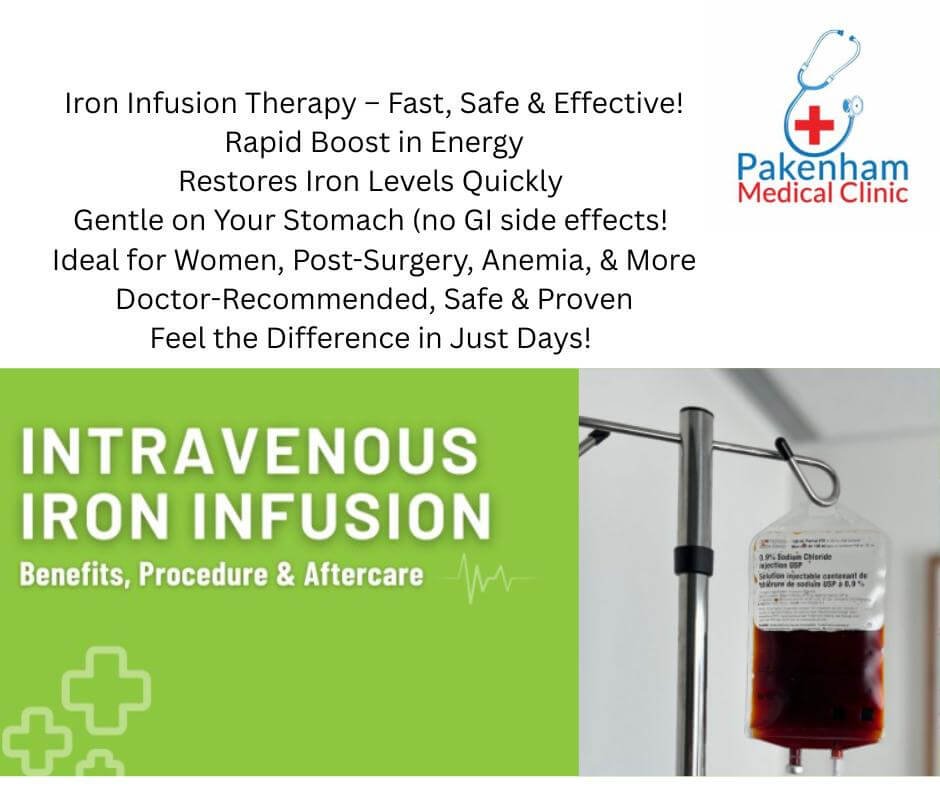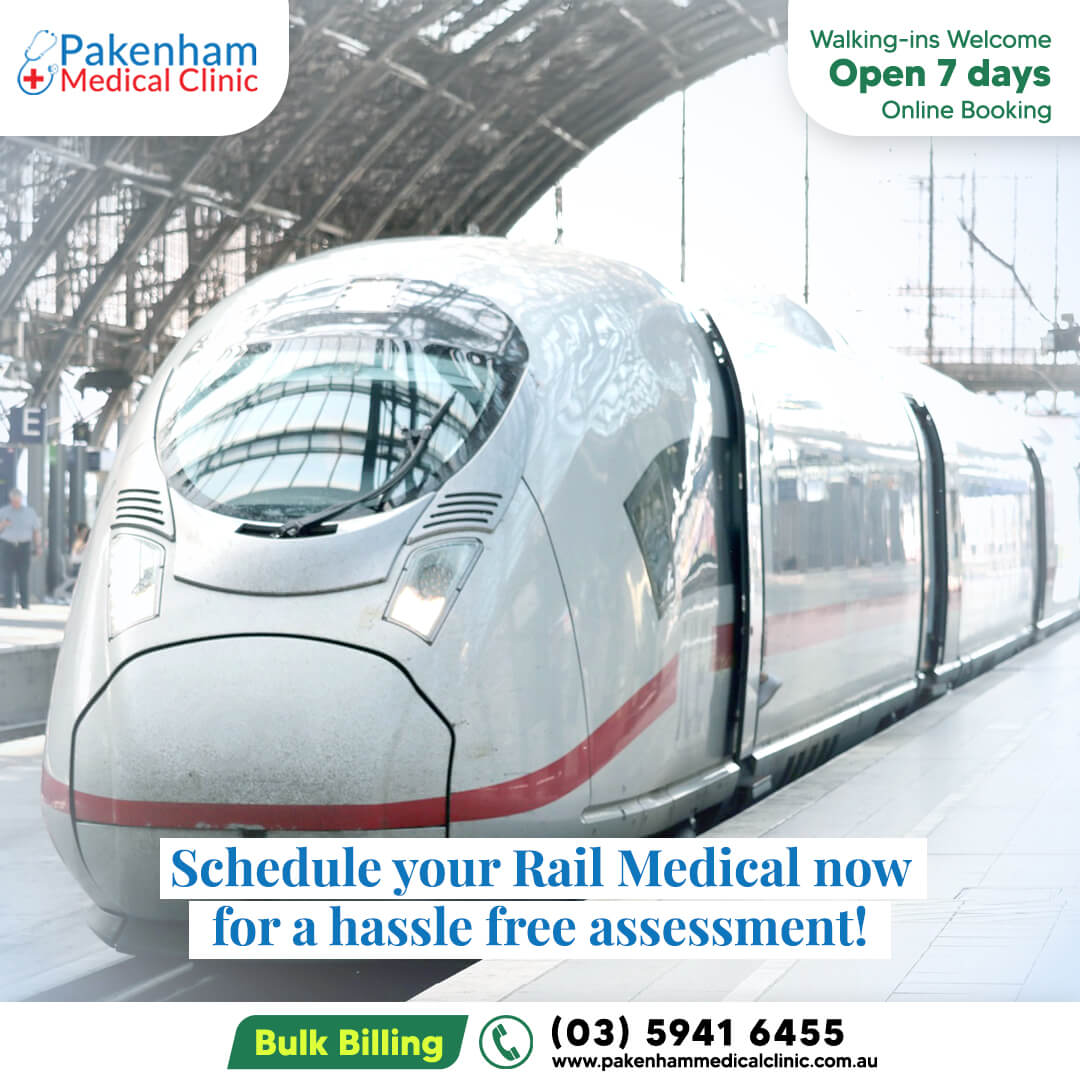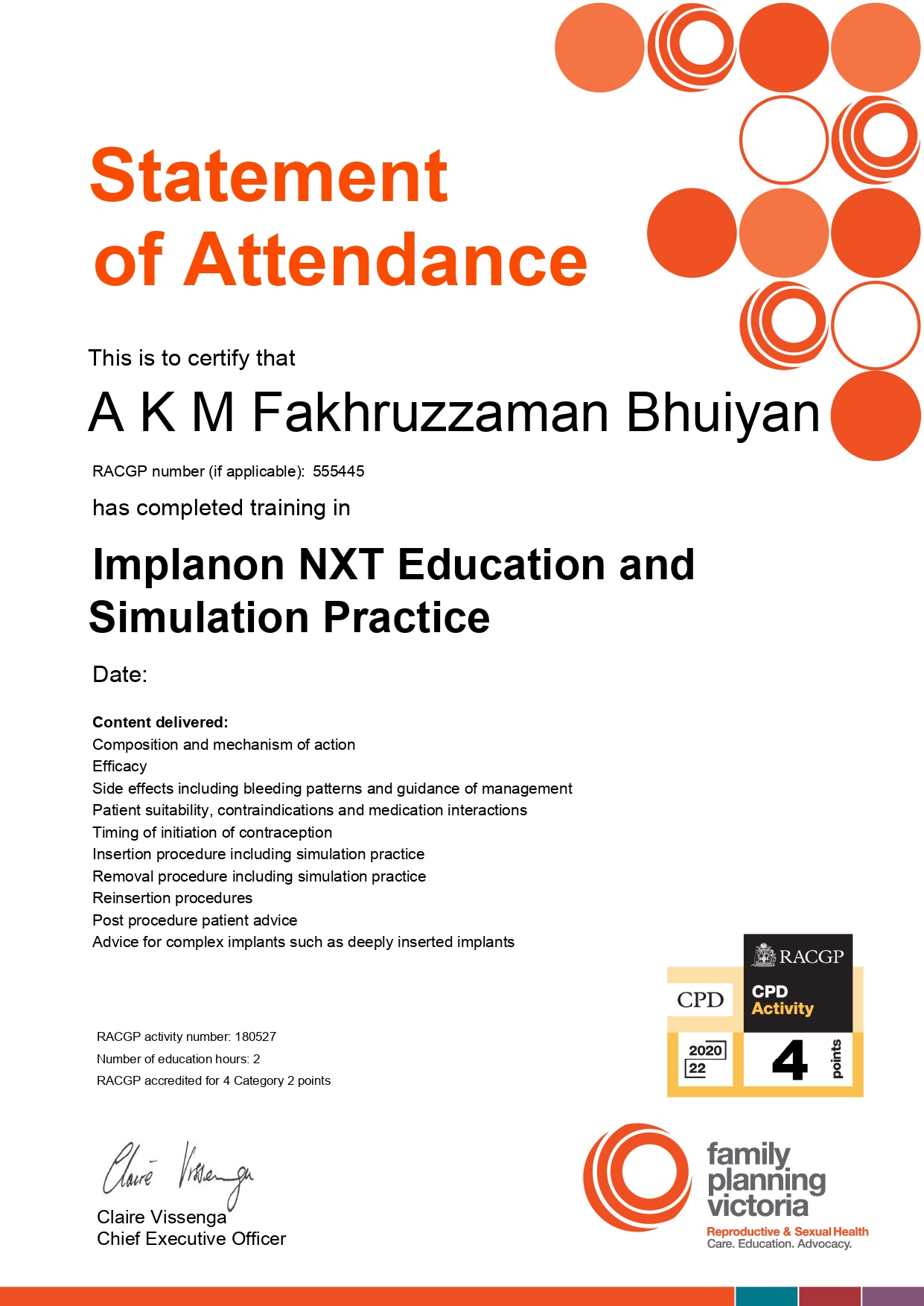Managing Diabetes Long-Term? Expert Support is Here at Pakenham Medical Clinic
Your Local Healthcare, When You Need It Most – Pakenham Medical Clinic
Have you been managing a chronic health condition such as diabetes for over six months? At Pakenham Medical Clinic, we understand that long-term health management requires more than just medication — it calls for ongoing, personalised care.
That’s why we offer expert support from our experienced dietitian and podiatrist, right here in Pakenham. Whether you’re newly diagnosed or have been living with diabetes for years, our team is here to help you feel confident and in control.
Our dietitian provides tailored nutritional guidance to help you stabilise blood sugar levels, manage weight, and make informed food choices that suit your lifestyle. Meanwhile, our podiatrist helps you stay ahead of potential complications, offering expert foot care, regular check-ups, and treatment for any issues that arise.
Together, this multidisciplinary approach supports better health outcomes and improved day-to-day wellbeing, because managing diabetes isn’t just about surviving, it’s about thriving.
If you’ve been navigating diabetes for over six months, you’re likely eligible for an enhanced care plan. Let’s work together to make your health journey smoother and more effective.
Book an appointment at Pakenham Medical Clinic today — and take a step towards better long-term health.












